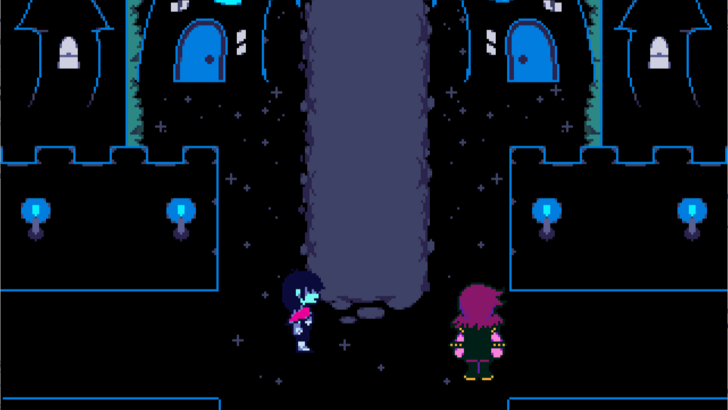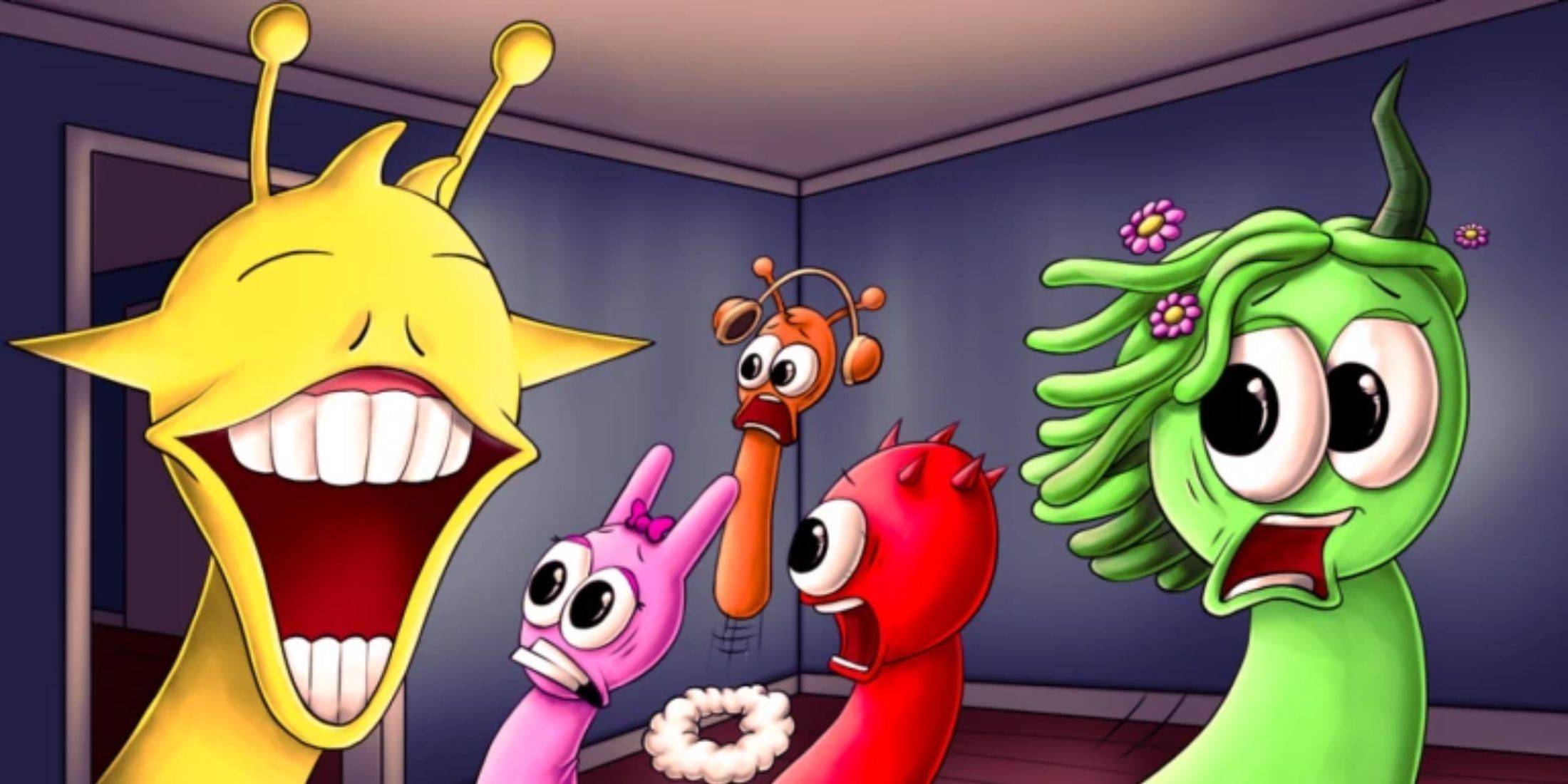Following the success of Uncharted's 2022 cinematic release and the acclaimed HBO adaptation of The Last of Us, Sony has announced that Horizon Zero Dawn is set to make its cinematic debut. PlayStation Studios and Columbia Pictures have confirmed the development of a movie that aims to capture Aloy's origin story and the game's distinctive, machine-filled universe. Although still in the early stages, there's a strong belief that this could be Sony's first major box office hit from a video game adaptation, provided it remains true to its source material.
Recent years have showcased numerous successful video game adaptations across both cinema and television. Family-friendly films like The Super Mario Bros. Movie and the Sonic the Hedgehog series have set the bar high with their impressive critical acclaim and box office performances. On the small screen, Sony's The Last of Us has joined the ranks of fan favorites like Netflix's Arcane and Amazon Prime's Fallout. Even adaptations with mixed reviews have managed to perform well financially, as evidenced by the Uncharted movie starring Tom Holland, which surpassed $400 million in global earnings.
However, despite the diminishing stigma of the "video game curse," challenges still linger in this genre. While Uncharted found its audience, it deviated significantly from the source material, disappointing many fans. Recent examples like the Borderlands film and Amazon's Like a Dragon: Yakuza series have also faced criticism for straying too far from the original games' narratives, lore, and tone, resulting in poor critical and box office outcomes.
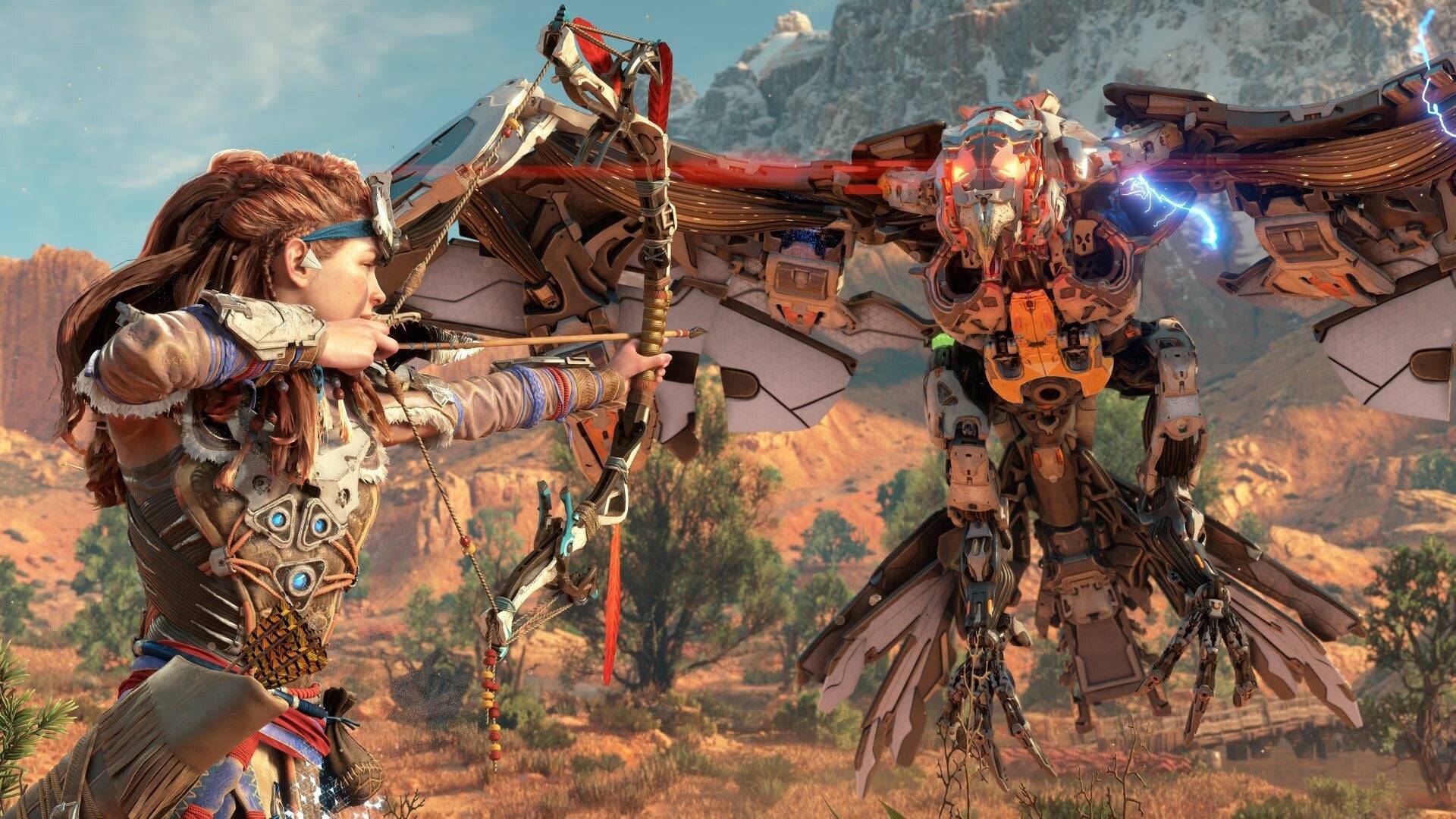
Such issues are not unique to video game adaptations; they are a broader concern in the adaptation industry. Netflix's The Witcher, for instance, has taken considerable creative liberties, altering the books' events, characters, and overall tone to the point of becoming a different entity. While adaptations often require adjustments to fit their new medium, excessive deviations can alienate the core audience and jeopardize the project's success.
Turning our attention back to Horizon, this isn't the first attempt to adapt the game for the screen. In 2022, Netflix announced a series in development, with rumors of a "Horizon 2074" project set in the pre-apocalyptic era. This direction sparked debate among fans who crave a faithful rendition of the original game's story, complete with its iconic robotic creatures. Fortunately, those plans have been abandoned, and Horizon is now slated for a cinematic release. This shift to film is a wise decision, as the larger budget of a Hollywood production will be crucial in bringing the game's visually stunning world to life.
If Horizon receives the meticulous treatment given to The Last of Us on television, it has the potential to be PlayStation's first major cinematic triumph. The success of Fallout, Arcane, and The Last of Us demonstrates that staying true to the source material's visuals, tone, and story can resonate deeply with both fans and newcomers. While The Last of Us did introduce new storylines, it largely adhered to the game's narrative structure, leveraging the game's strengths to great effect.
Staying faithful to Horizon Zero Dawn is not merely about meeting fan expectations; it's about honoring a critically acclaimed narrative. The game won the Best Narrative award at The Game Awards in 2017 and the Outstanding Achievement in Story at the 2018 DICE awards. Set in a 31st-century North America, it follows Aloy, a member of the Nora Tribe, as she unravels the mystery of her origins and her connection to Elisabet Sobeck, a scientist from the old world. The game's characters and world are captivating, with Aloy serving as an engaging protagonist, supported by well-developed allies like Erend and Varl. The narrative delves into humanity's efforts to combat climate change, the emergence of a rogue AI, and the creation of the game's robotic creatures. The enigmatic Sylens adds further depth to the story.
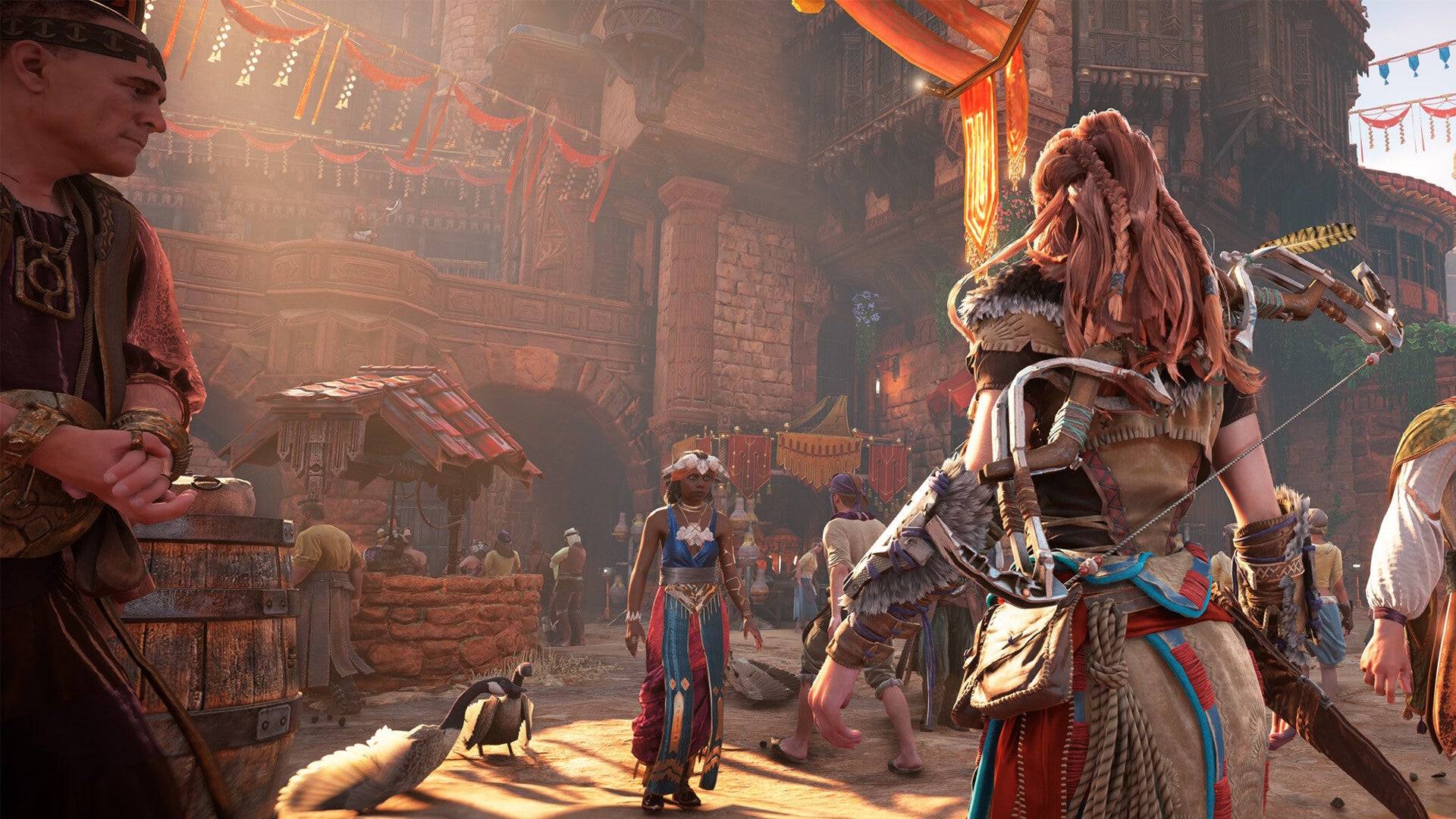
The intricate worldbuilding in Horizon offers a rich tapestry for a compelling film franchise. Similar to James Cameron's Avatar series, which delves into the culture and traditions of the Na'vi tribes, a Horizon film could explore the ways different tribes navigate a world dominated by robotic hunters. The game's unique combat encounters, featuring creatures like Sawtooths, Tallnecks, and Stormbirds, promise visually stunning sequences. Coupled with rival tribes and the looming threat of the rogue AI Hades, these elements set the stage for a thrilling cinematic experience.
Horizon's story is inherently cinematic, and a faithful adaptation could easily translate into a successful film. The game's detailed world and narrative nuances suggest a strong potential for critical and commercial success. With the broader narrative canvas provided by Horizon Forbidden West, there's ample material for a long-term cinematic franchise. If the film stays true to the elements that made the game a success, Sony could establish a strong presence in the film industry.
With other Sony titles like Ghost of Tsushima and Helldivers 2 also slated for adaptations, adopting a faithful approach could set PlayStation up for success in a new medium. However, straying from what made Horizon great could result in negative fan reactions and financial setbacks, as seen with Borderlands. Sony and its chosen writers and directors must recognize the value of the source material and ensure they do justice to Horizon.
AnswerSee Results




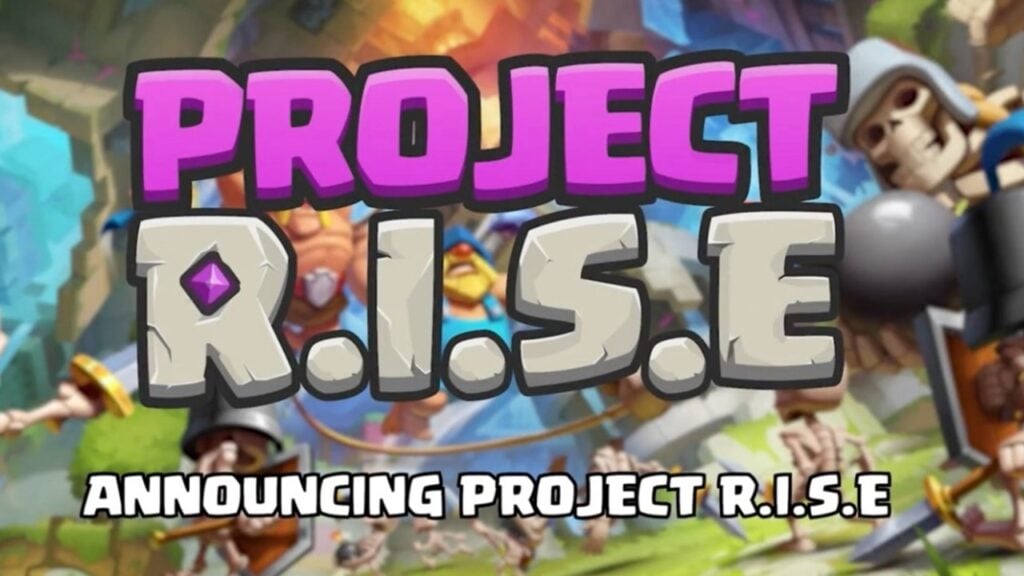


![Taffy Tales [v1.07.3a]](https://imgs.xfsxw.com/uploads/32/1719554710667e529623764.jpg)






